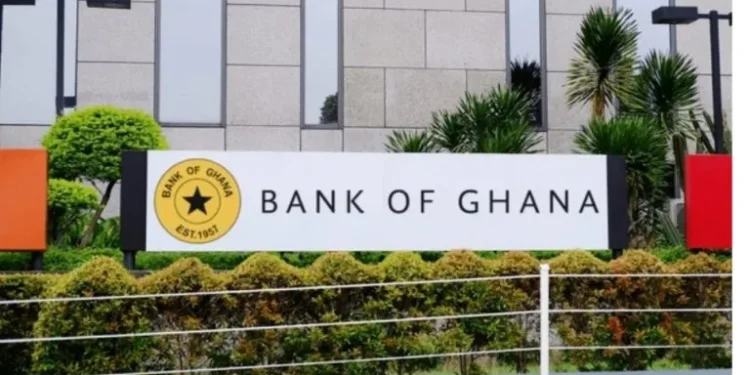BoG Sets December 31 as Implementation Date for New PSP Corporate Governance Reforms
The Bank of Ghana (BoG) has announced December 31, 2025, as the effective implementation date for its new Corporate Governance Guidelines for Payment Service Providers (PSPs), aimed at enhancing institutional soundness and stakeholder confidence in the country’s digital financial ecosystem.
The guidelines, issued under the Payment Systems and Services Act, 2019 (Act 987), apply to all licensed entities operating within the payment services industry, including Dedicated Electronic Money Issuers (DEMIs), Enhanced and Standard Payment Service Providers (EPSPs, SPSPs), and Payment and Financial Technology Service Providers (PFTSPs).
Strategic Objectives
The overarching goal of the guidelines is to instill a robust corporate governance culture across regulated institutions. Specifically, the guidelines seek to:
1. Promote sound corporate governance principles and structures that protect the interests of stakeholders, including customers, shareholders, and employees.
2. Enhance transparency and accountability, enabling institutions to operate in an environment of trust.
3. Bolster public confidence in digital financial services through clearly defined governance standards.
4. Ensure the safety and soundness of the digital payment ecosystem amid rapid technological evolution.
By outlining minimum governance expectations—from board composition and director qualifications to internal controls and risk management—BoG intends to provide a uniform regulatory benchmark for PSPs navigating the increasingly complex fintech space.
Enforcement and Remedial Measures
The Central Bank has signalled a firm approach to enforcement. Institutions found to be non-compliant may face a suite of remedial and punitive measures. These include:
Immediate removal of disqualified officers, including directors and CEOs;
Restriction or suspension of management powers in cases of regulatory breach or unsafe business practices;
Enhanced supervisory interventions, such as fact-finding or risk containment measures; and
Personal liability for officers (including those acting in interim roles) held responsible for violations, whether jointly or severally.
BoG has also retained the discretion to set specific grace periods for legacy institutions to align with requirements on board structure, director independence, and committee formation.
Transition Provisions
For institutions already in operation, the Bank of Ghana will determine transitional timelines to comply with critical governance provisions. These include adjustments to business strategy, separation of powers between board chairs and CEOs, and appointment of board secretaries.
By mandating full compliance by the end of 2025, the BoG is signalling its intent to elevate governance norms in Ghana’s burgeoning digital payments industry, which has witnessed exponential growth amid broader financial sector digitisation.








